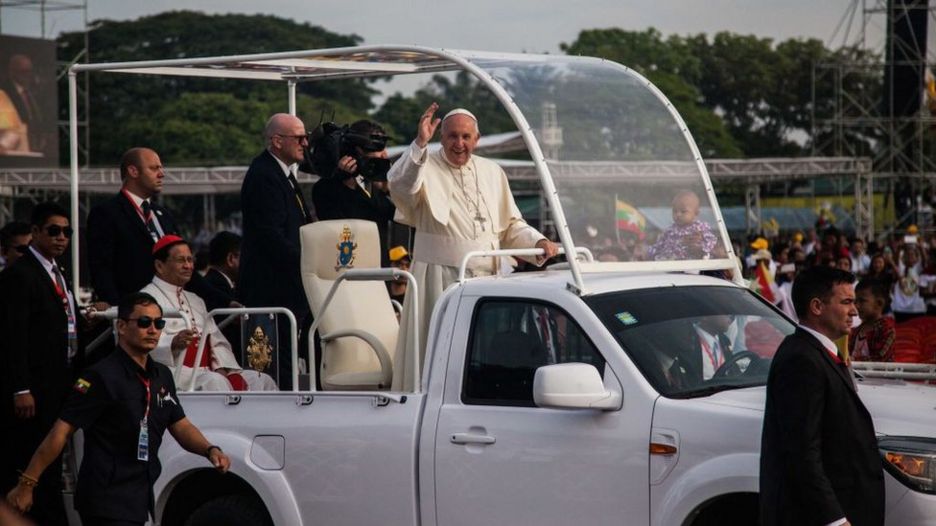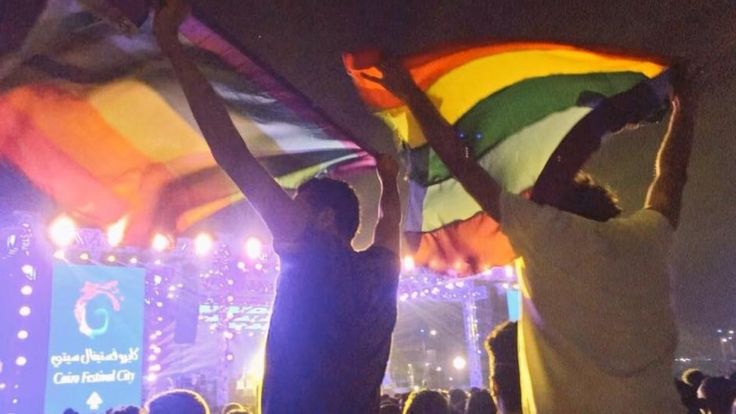By: Karina Johnson
Impunity Watch Reporter, North America
MIAMI, Florida — On Tuesday, October 10, the Miami Herald published a series of the results of a 2-year long investigation into the Florida Department of Juvenile Justice’s history of abuses toward juveniles in their care.
This investigation was launched following the death of 17-year-old Elord Revolte, who was beaten to death by fellow detainees on August 30, 2015, and was at least the twelfth questionable juvenile detainee death since 2000. The investigation examined a 10-year span of records ranging from incident reports, investigations, court cases, archived surveillance tapes and interviews with former inmates, their families, guards, and other staff members.
Allegations range from fights between the detainees set up by staffers for their entertainment (Palm Beach Juvenile Correctional Facility), to multiple counts of confirmed sexual relationships between staff and detainees, to a severe medical neglect of detainees.
Elord Revolte’s death was an instance of a ‘honey-bun hit’, where a staffer would offer a honey-bun—or some other kind of sweets, fast food, etc.—as a bounty in exchange for beating up the targeted inmate. This food bounty would allow the staffers to avoid Abuse Hotline charges by turning detainees into enforcers in order to outsource discipline. The DJJ investigation estimates between 12 and 16 other detainees participated in the assault upon Elord.
According to the DJJ’s Investigation Report into the matter, Elord was placed on medical confinement for a “24-hour concussion precaution” following the August 30 assault. On the morning of August 31, he complained of a “crackling” chest pain and told a nurse that he needed to go to the hospital. Around 4:45 p.m., Elord was taken by a nurse to the hospital in a state vehicle. He was admitted to Jackson Memorial Hospital’s emergency room at 5:17 p.m. Elord Revolte died at 11:05 p.m., 30 hours after the assault as a result of a heart attack caused by his extensive internal bleeding.
Five juvenile justice officers were fired by the DJJ as a result of the investigation for poor performance, negligence, and failure to perform duties as assigned.
Following the publication of the Miami Herald series ‘Fight Club’, the Secretary of the Department of Juvenile Justice Christina Daly, issued a press release stating:
“DJJ has not, does not and will not ever tolerate or condone mistreatment of children in our care. Staff who are not well intentioned to help transform the lives of our children have no place within this agency. Anyone who is found to have encouraged, enticed, or ordered youth to engage in fights or assault other youth is, and will be, held accountable to the full extent of the law, including criminal prosecution. We consistently work to identify, investigate and hold fully accountable any staff member who does not meet our high standards – both within DJJ facilities and with our contracted providers.”
According to the DJJ, one of their biggest problems is a 60% turnover rate for entry-level officers due to low pay. Other issues include inadequate background checks that result in the hiring of personnel with a history of violent and sexual abuses, as well as a tolerance for cover-ups. However, in a presentation to the Senate Criminal Justice committee, Secretary Daly stated that the “crime rate among Florida youth has dropped by 37 percent since 2010, and the state has also seen a sharp drop in the number of children arrested or placed in DJJ custody,” and that the arrest rate for girls dropped by more than half.
The Miami Herald reports that over the past 10 years, “DJJ has investigated 1,455 allegations of youth officers or other staffers failing to report abusive treatment of detainees— or, if they did report an incident, lying about the circumstances. That’s nearly three times a week.”
For more information, please see:
Miami Herald – Despite challenges, Florida’s juvenile justice system continues to improve – 10 November 2017
Florida Politics – Juvenile Justice Secretary talks ‘Fight Club’ during Senate presentation – 23 October 2017
Miami Herald – Juvenile justice chief defends agency, calling abuses ‘isolated events’ – 23 October 2017
Tampa Bay Times – Fight Club: Dark secrets of Florida juvenile justice – 11 October 2017
Florida Department of Juvenile Justice – Setting the Record Straight: Miami Herald Omits Facts, Ignores Reforms in Series Targeting DJJ – 10 October 2017
Miami Herald – Dark secrets of Florida’s juvenile justice system: A Miami Herald investigation – 10 October 2017
Miami New Times – After Herald Catches Prison Guards Running Child “Fight Clubs,” State Attacks Reporters – 10 October 2017
Miami Herald – 5 fired at Miami-Dade lockup where teen died in beat-down – 30 September 2015



